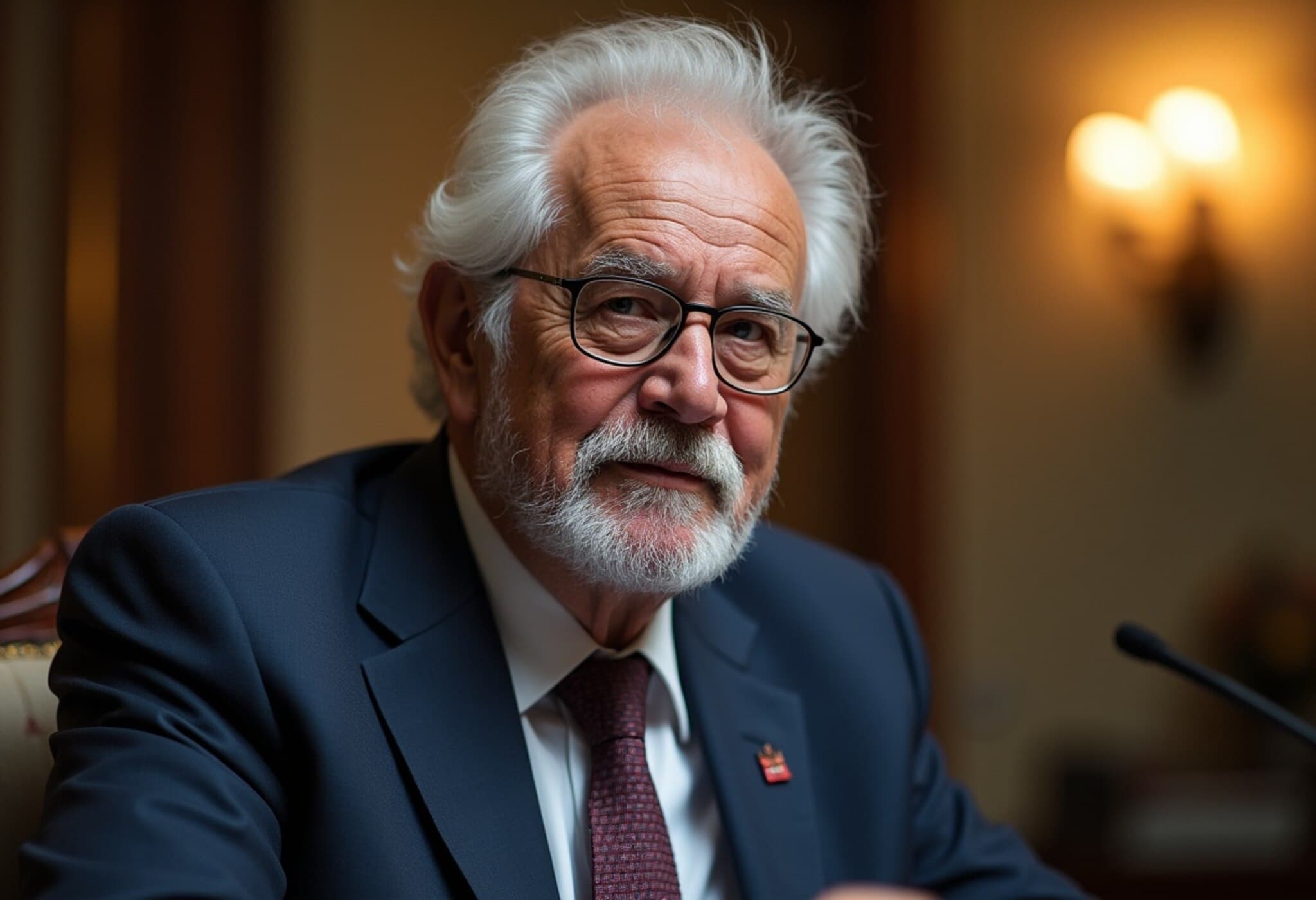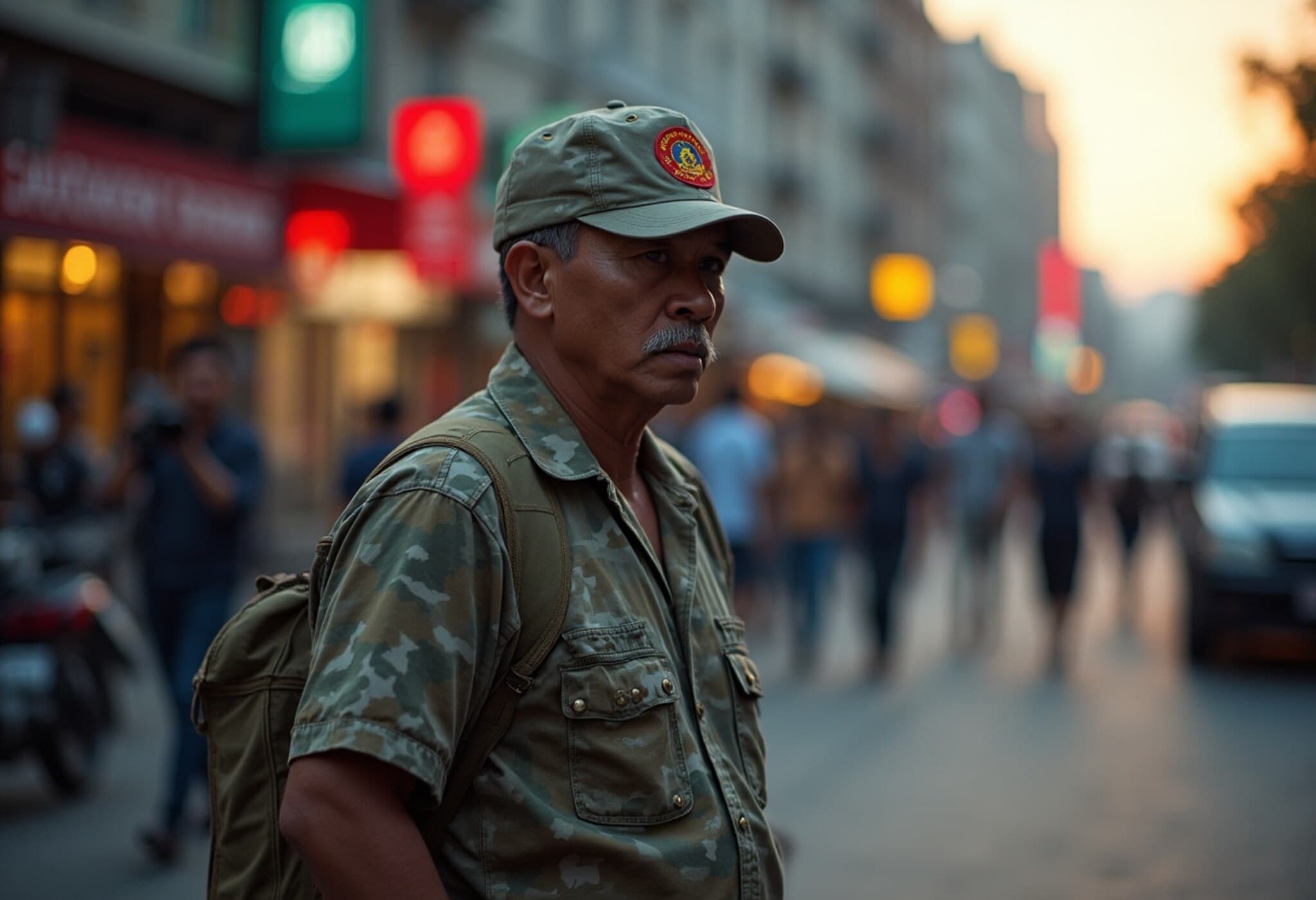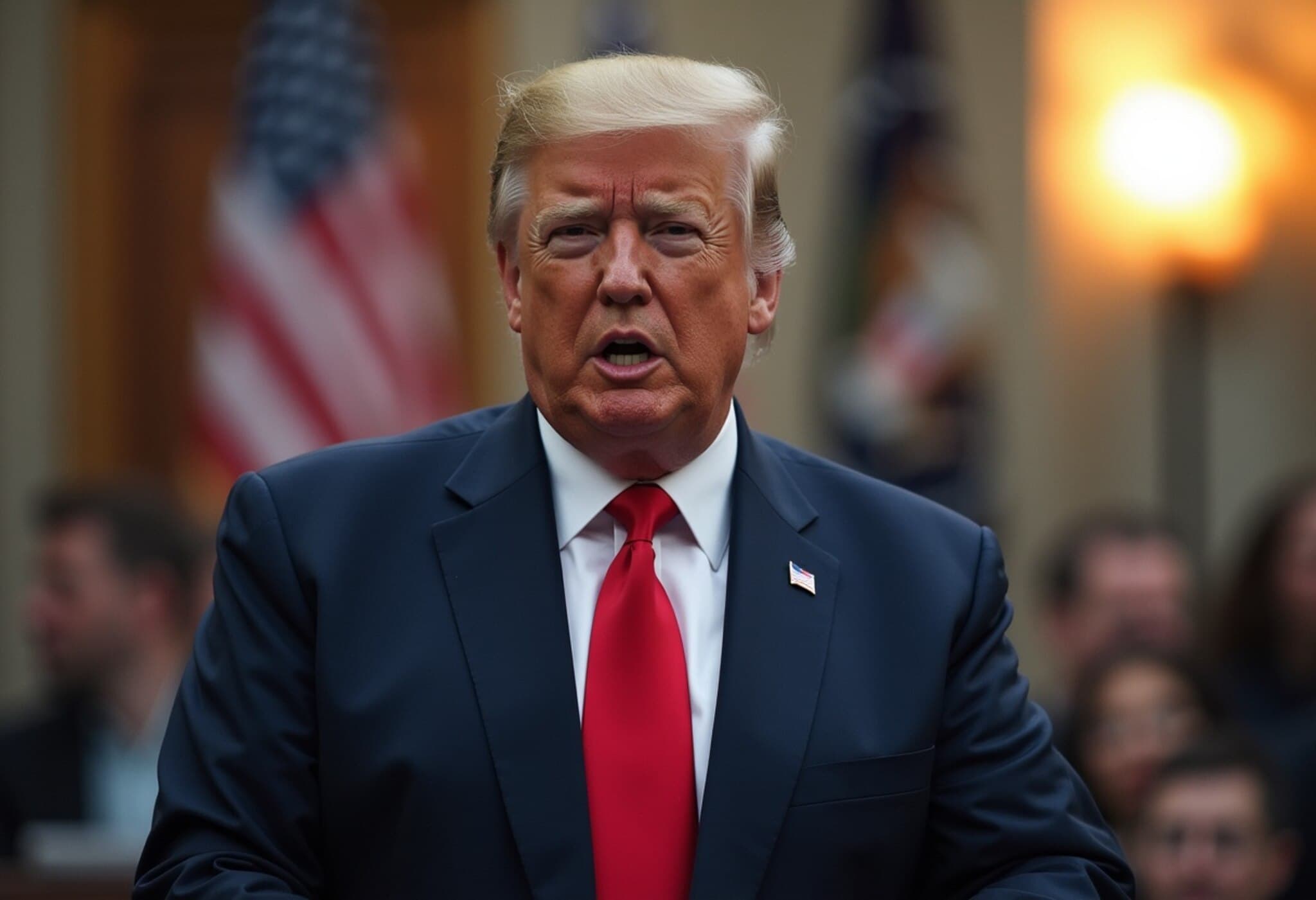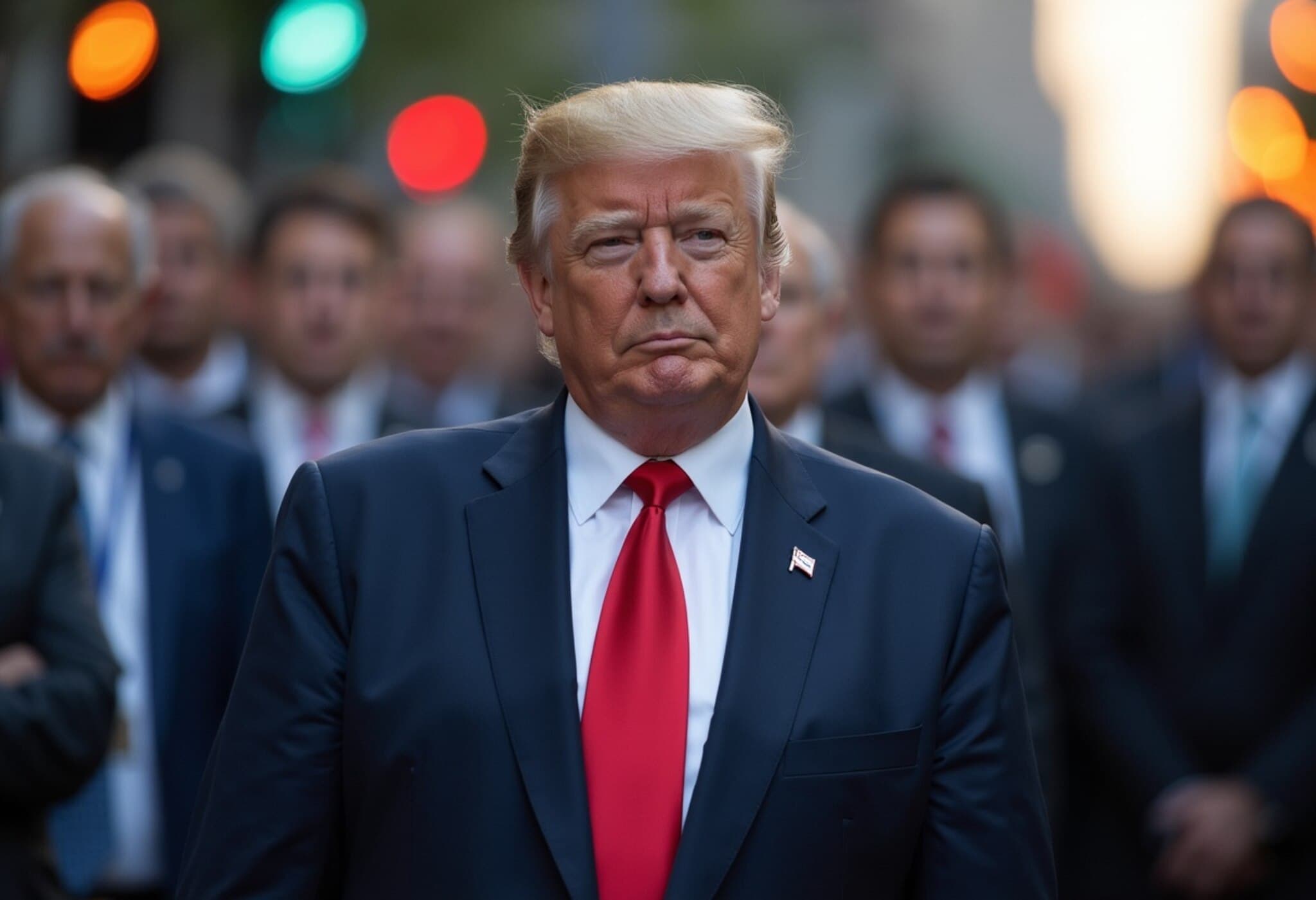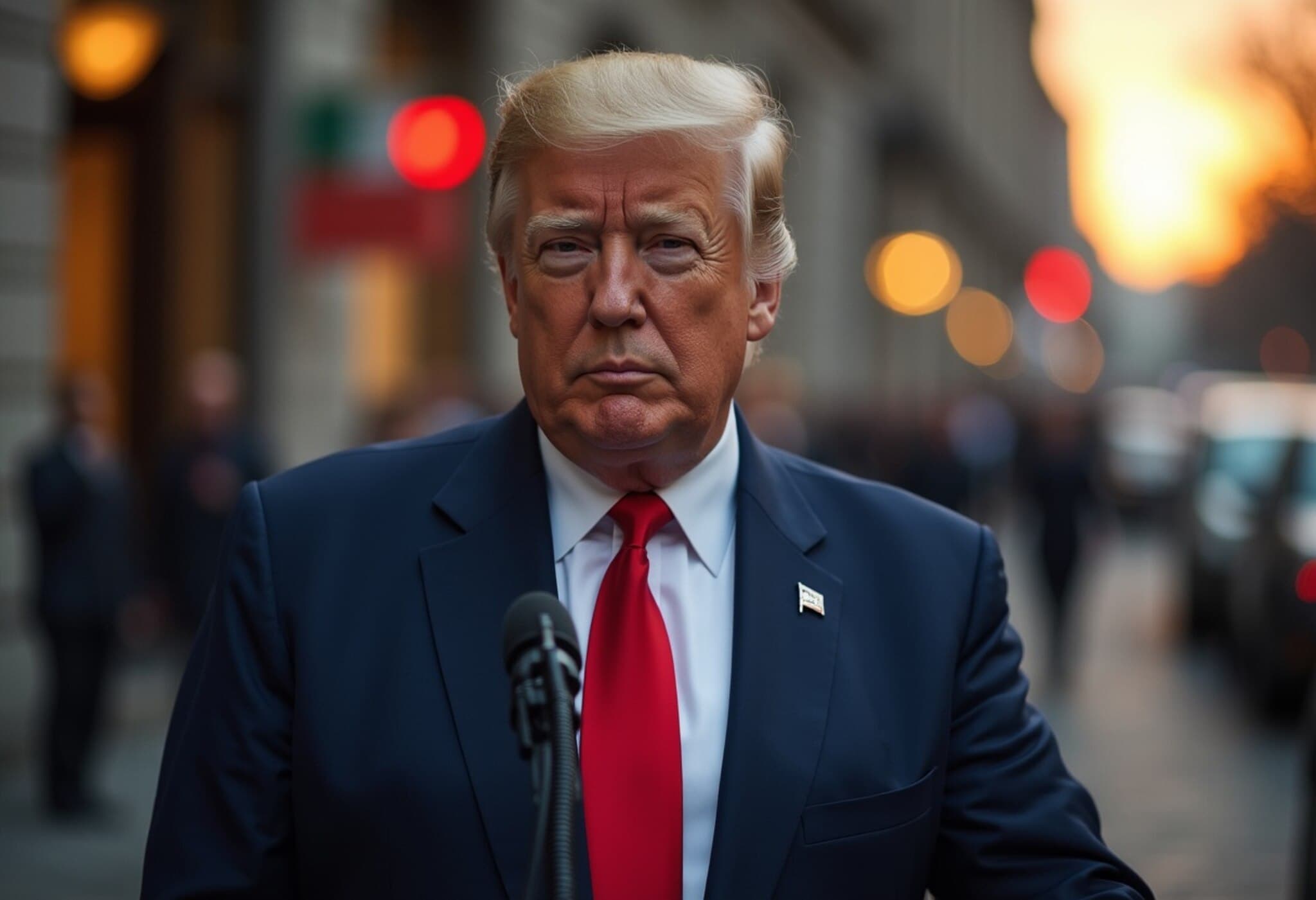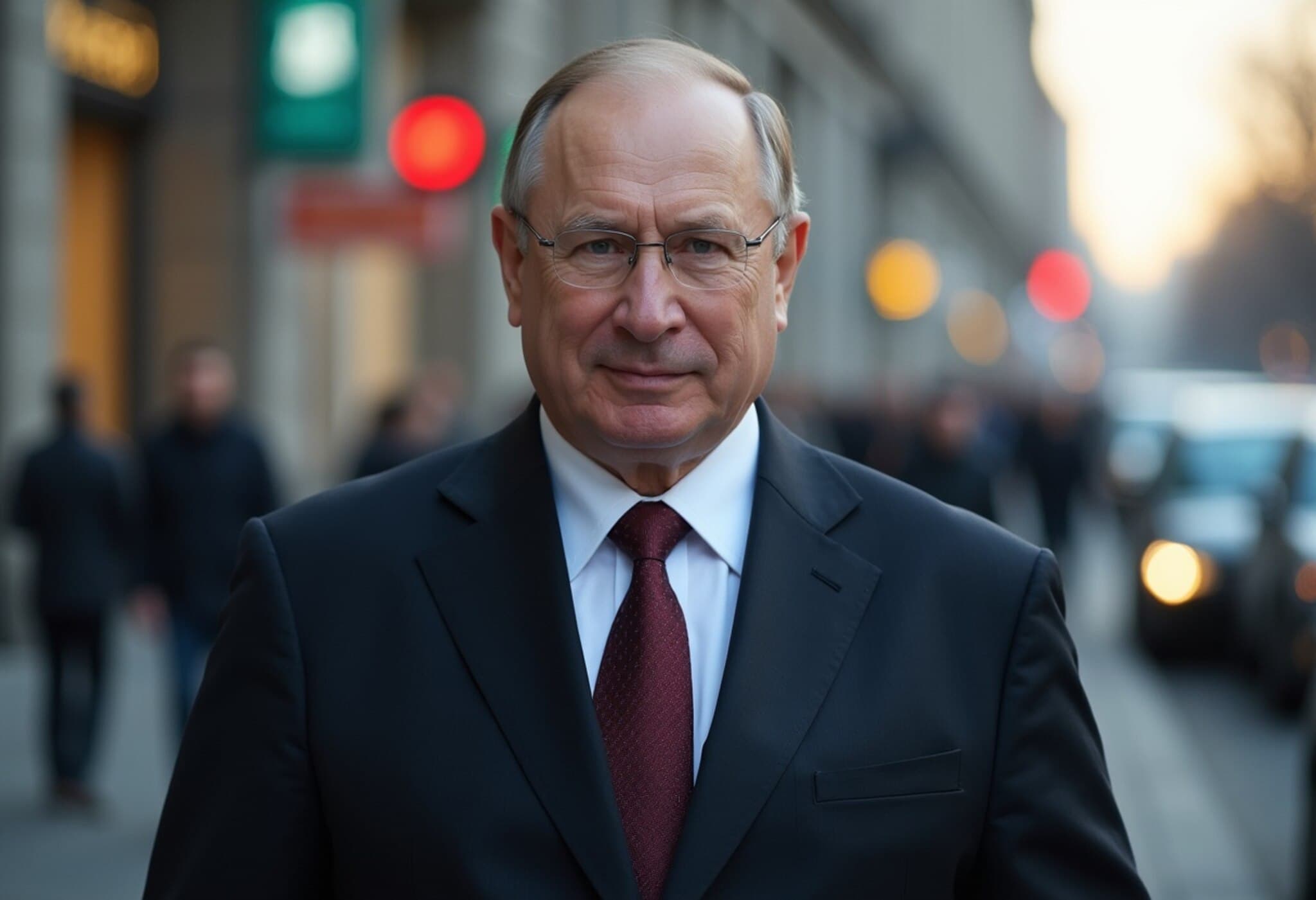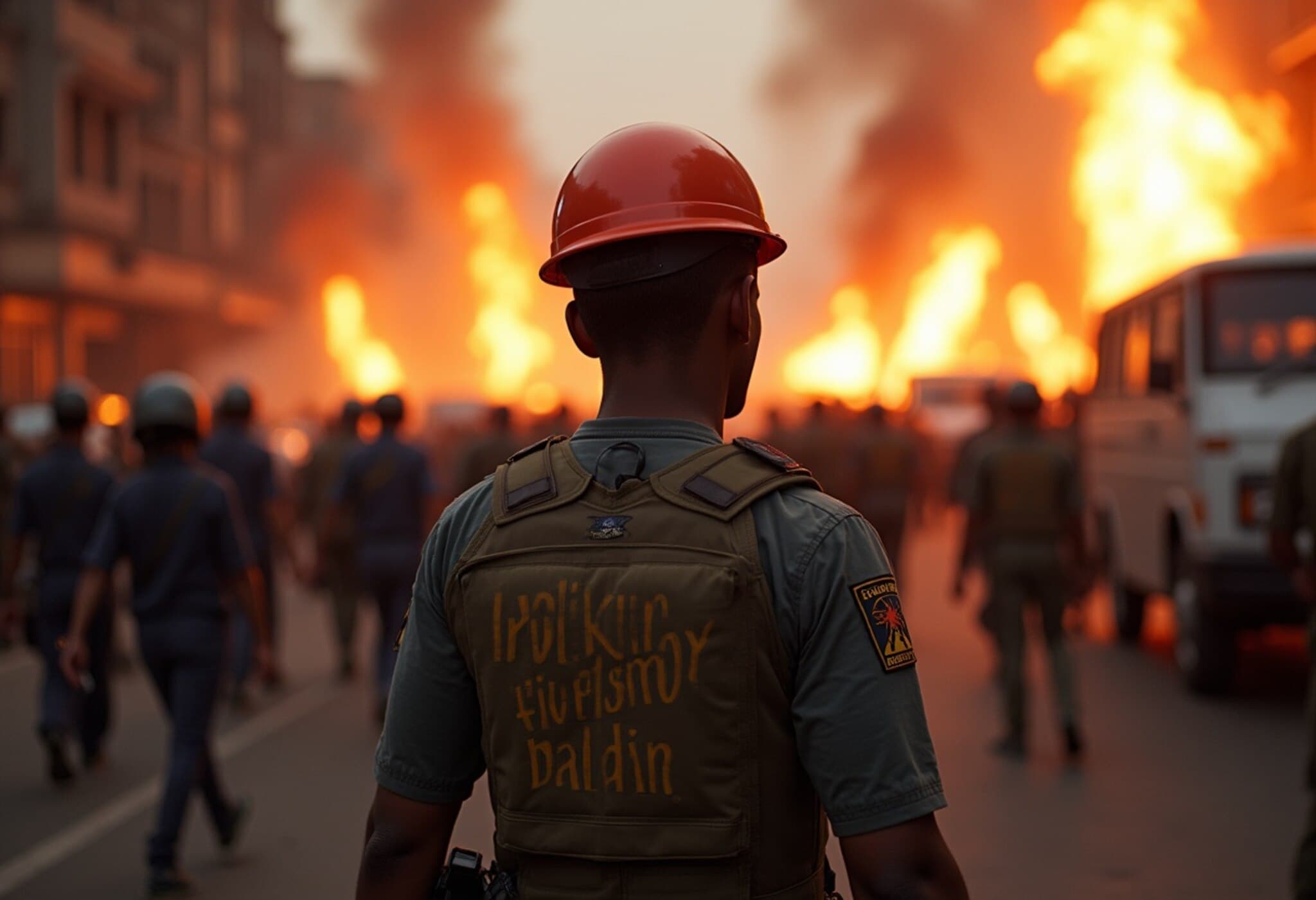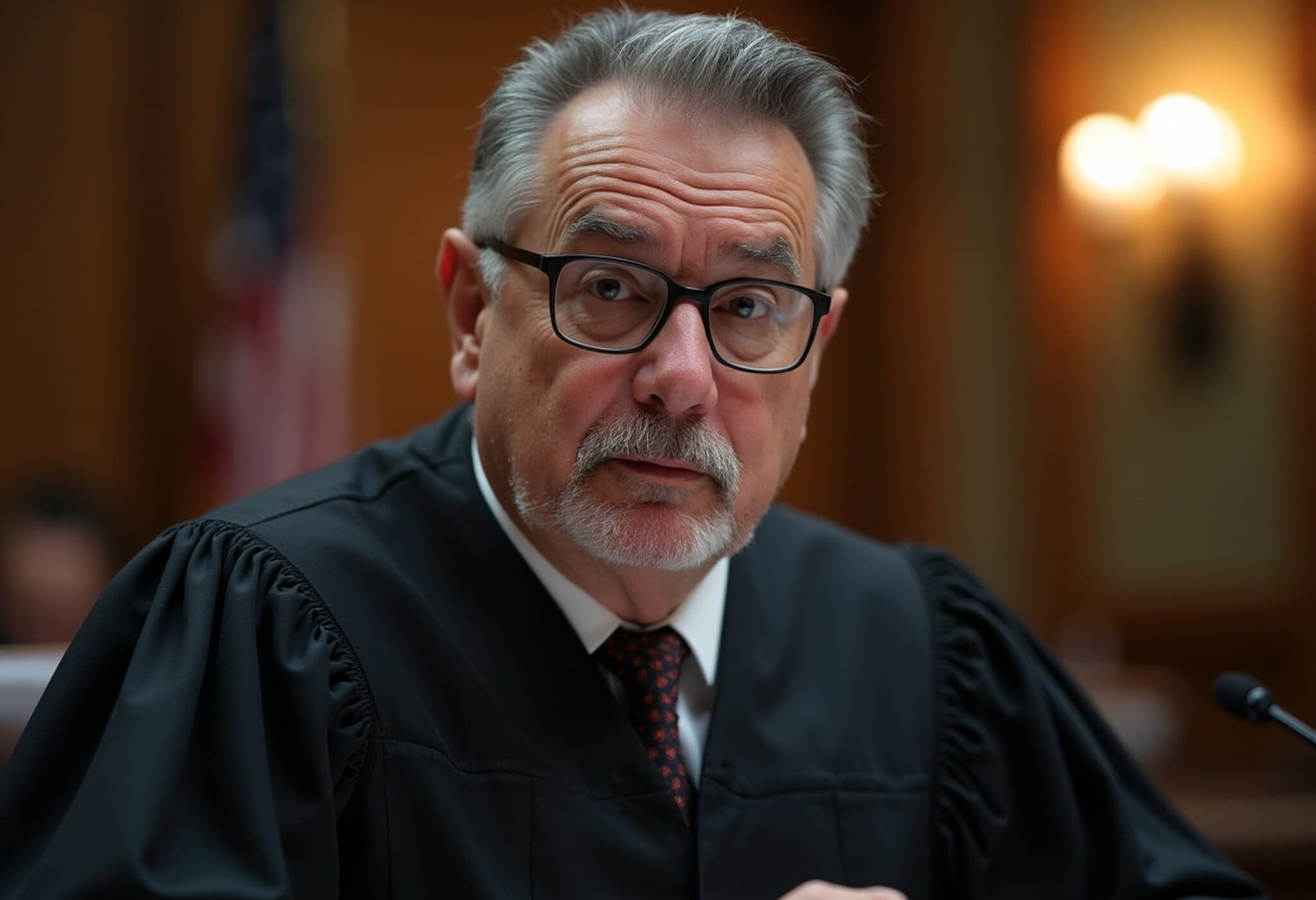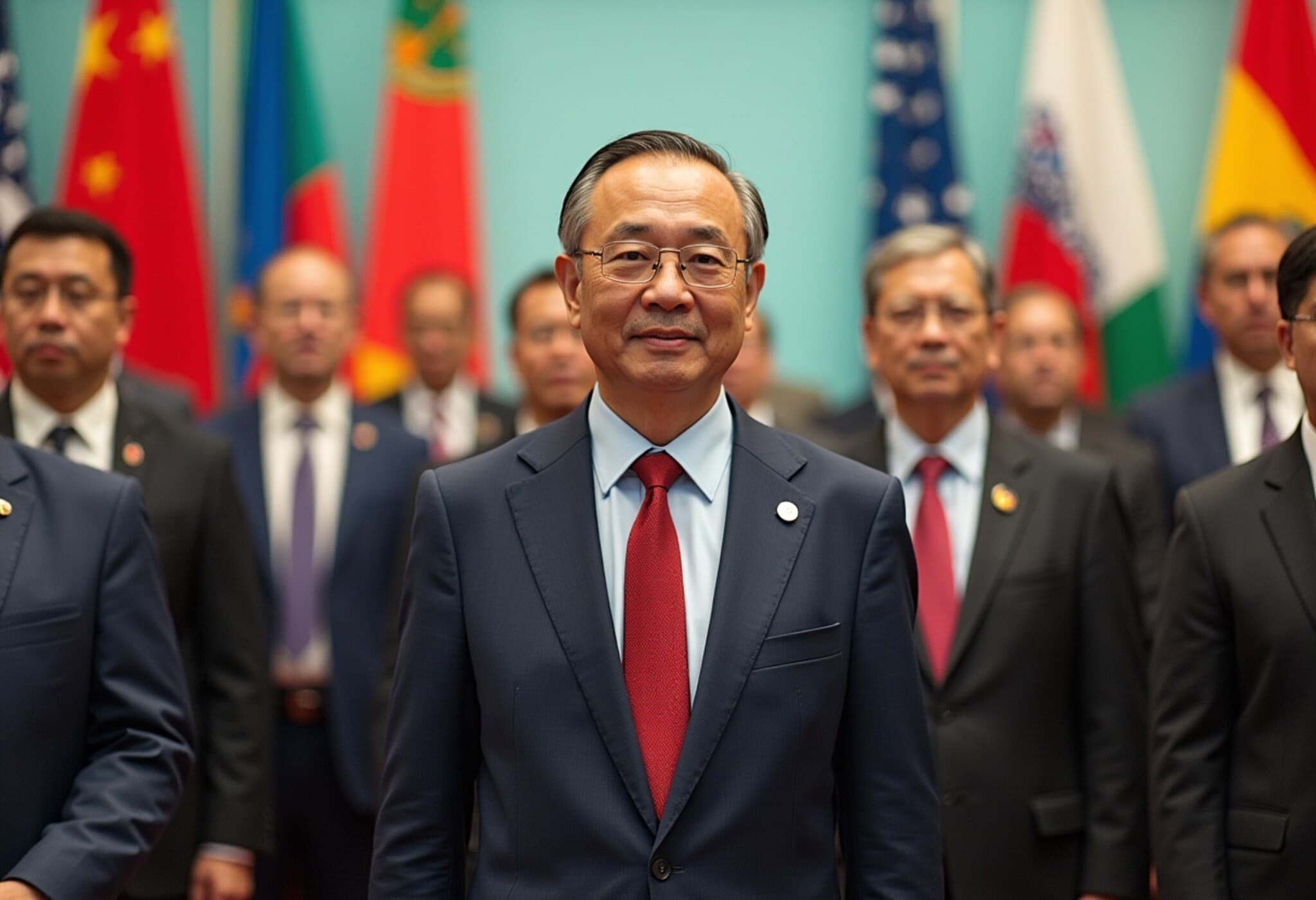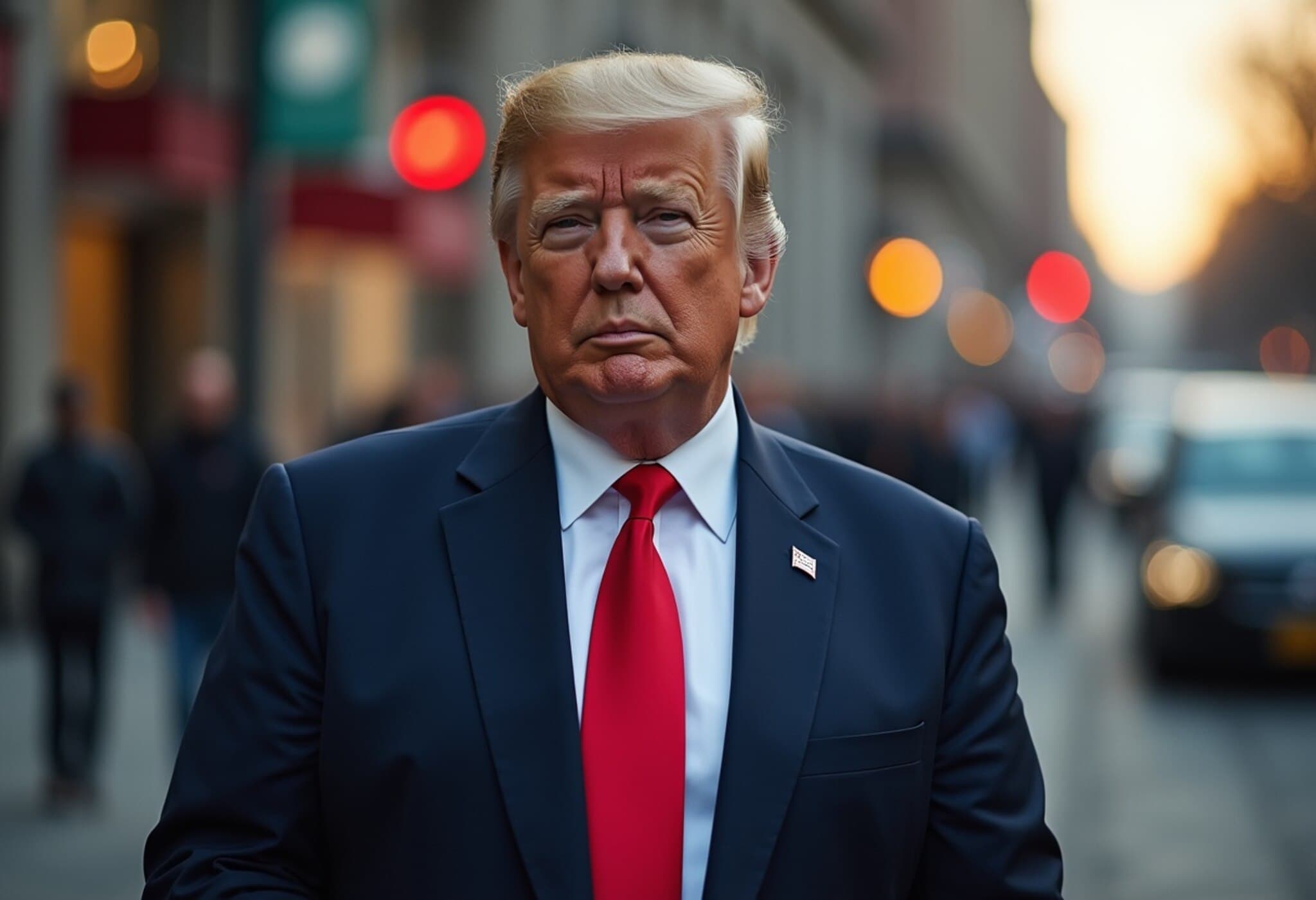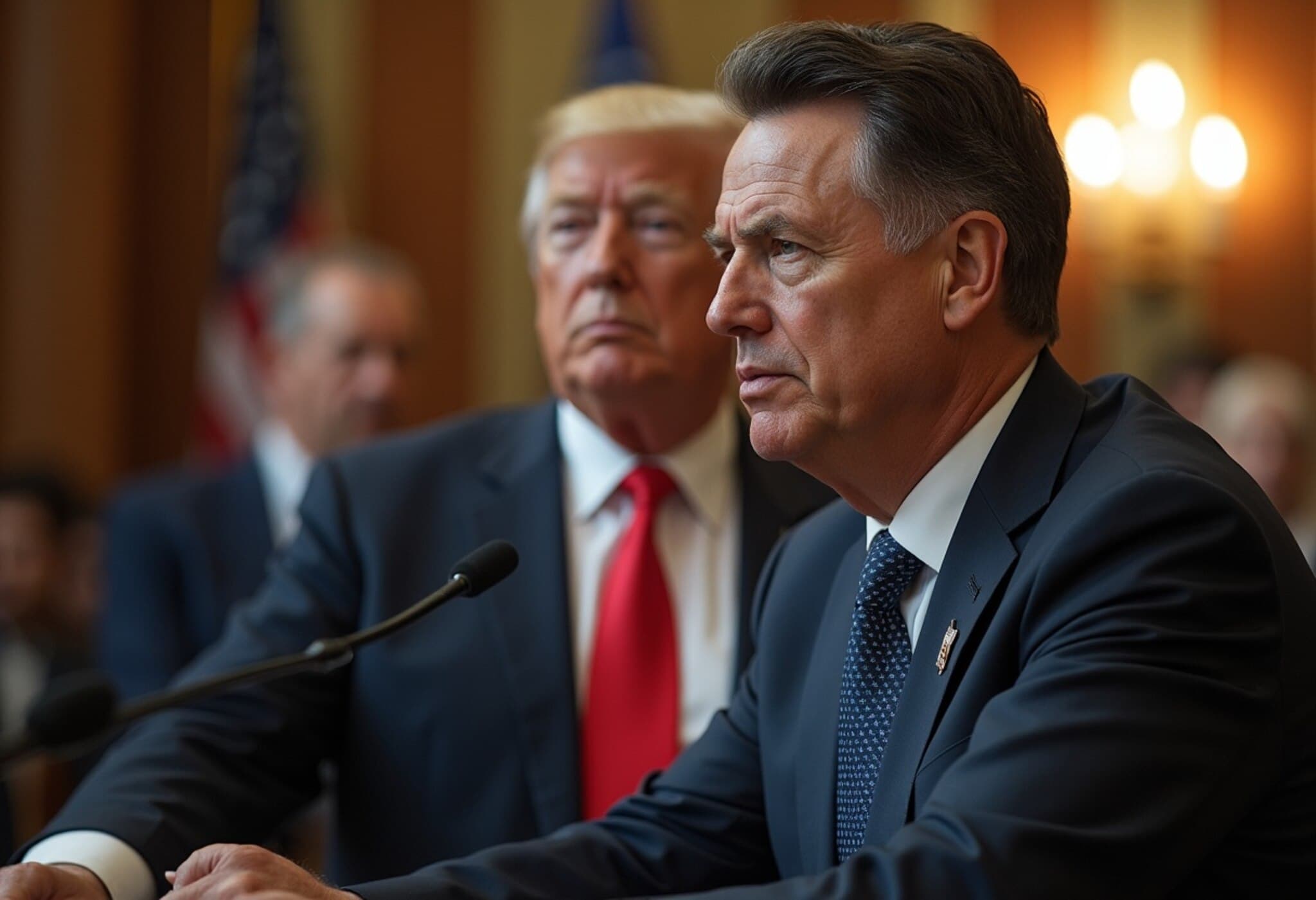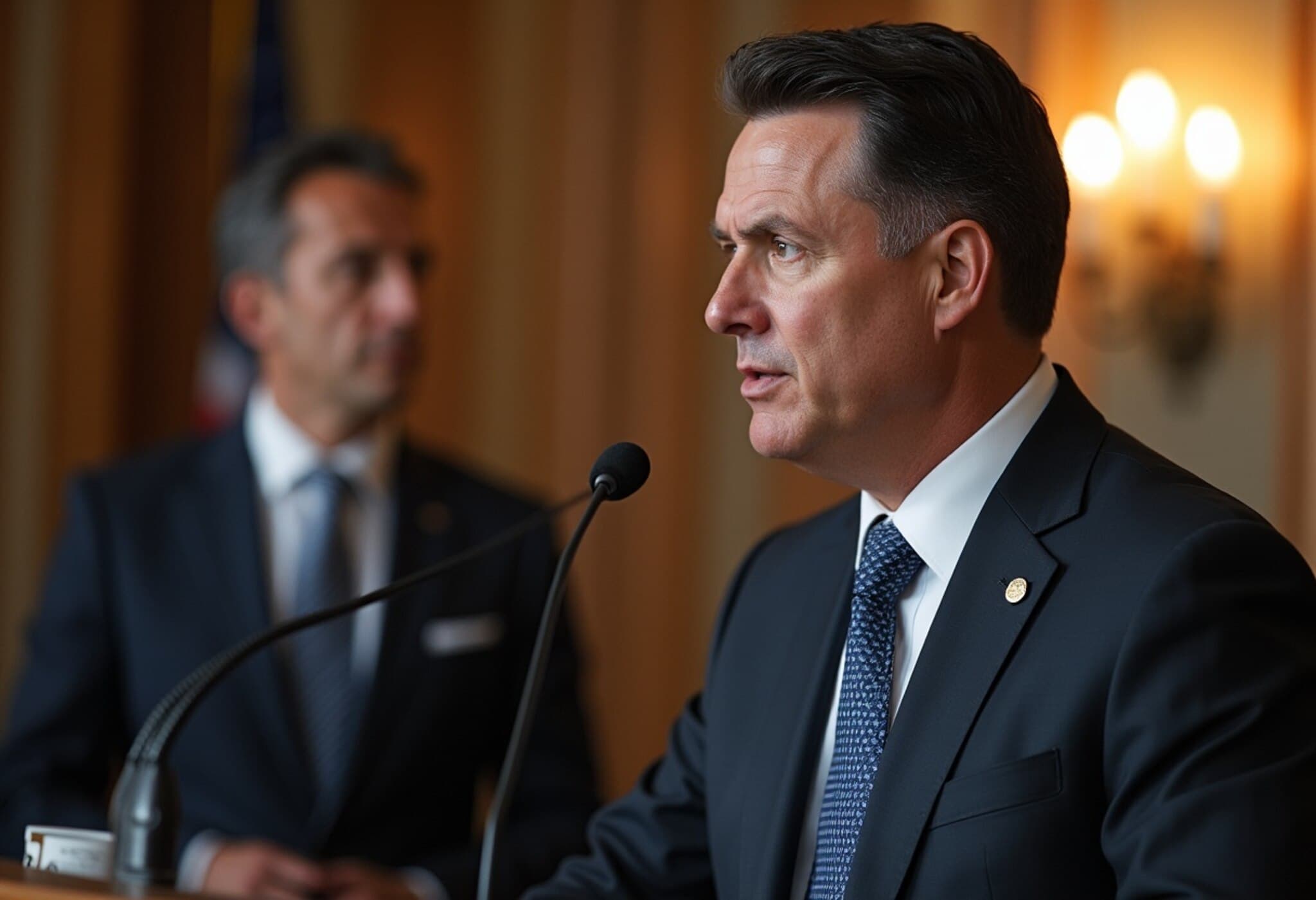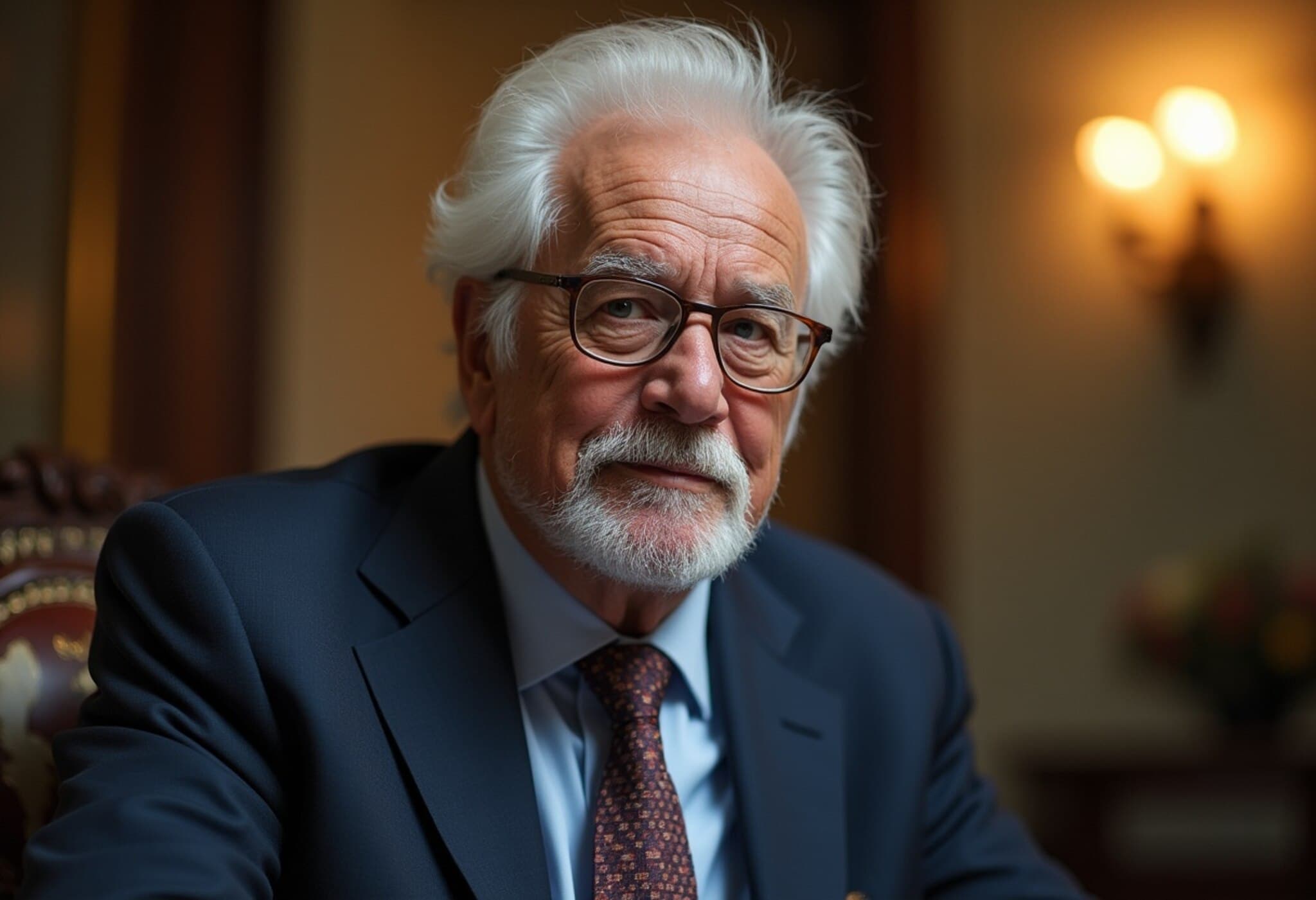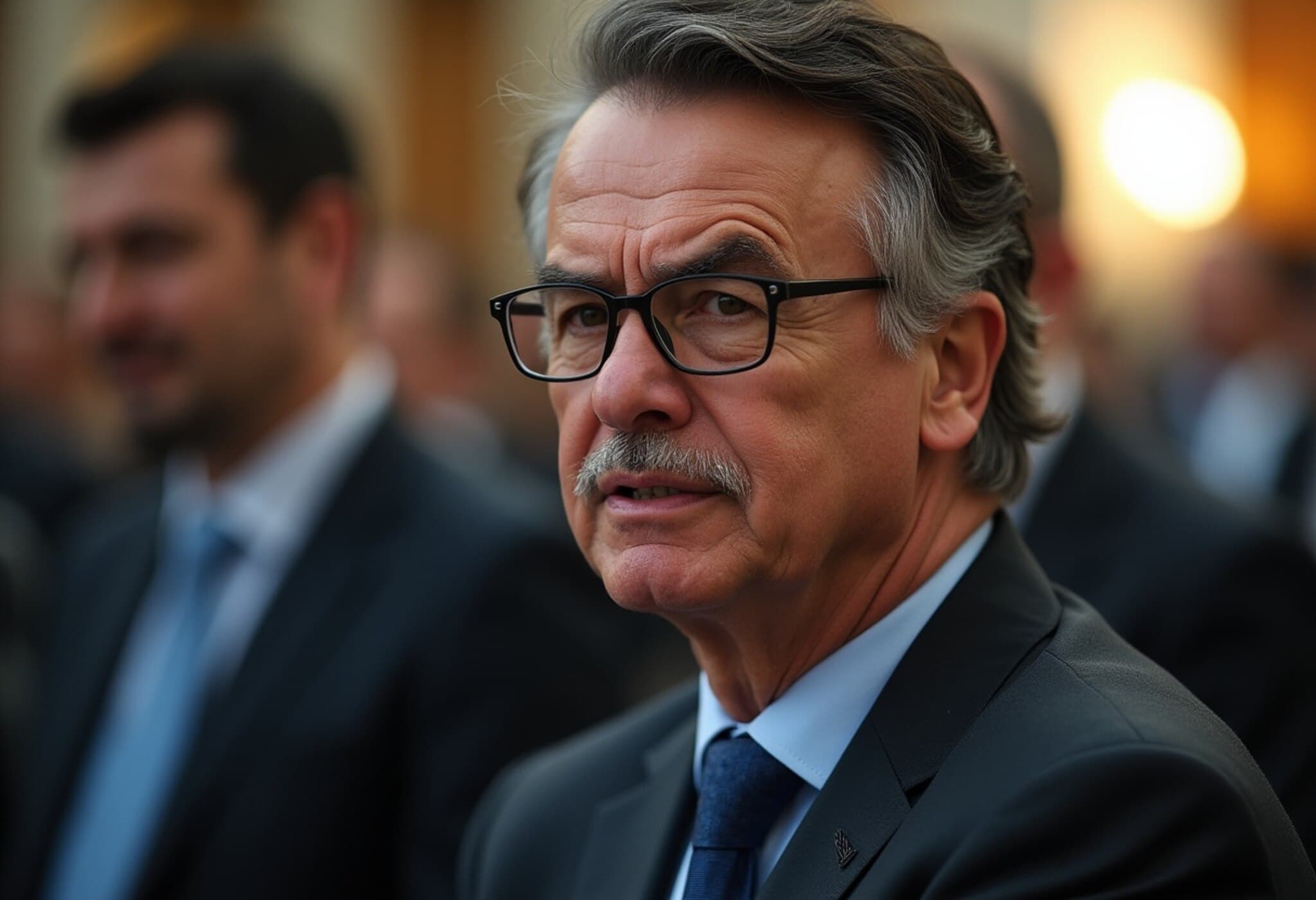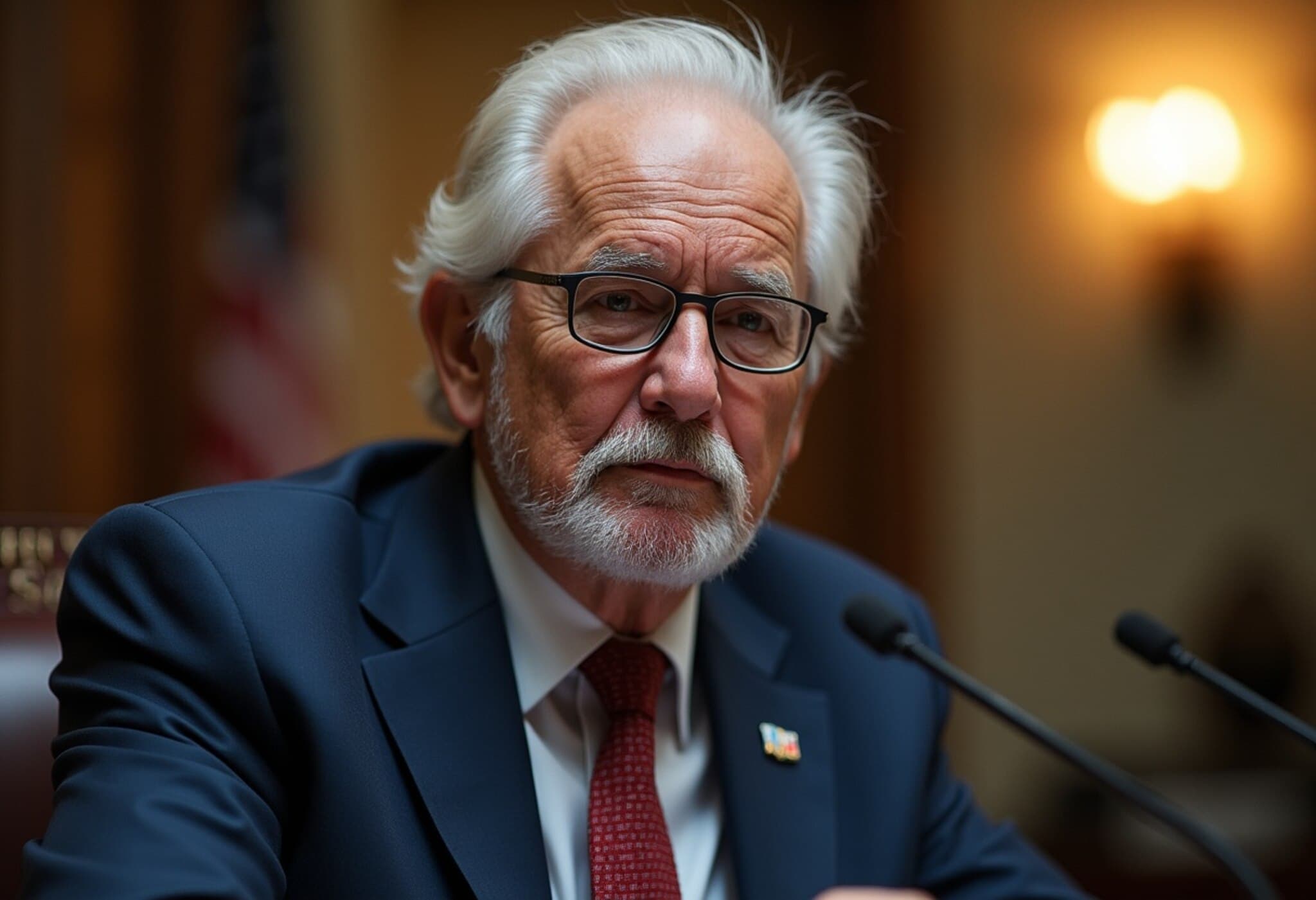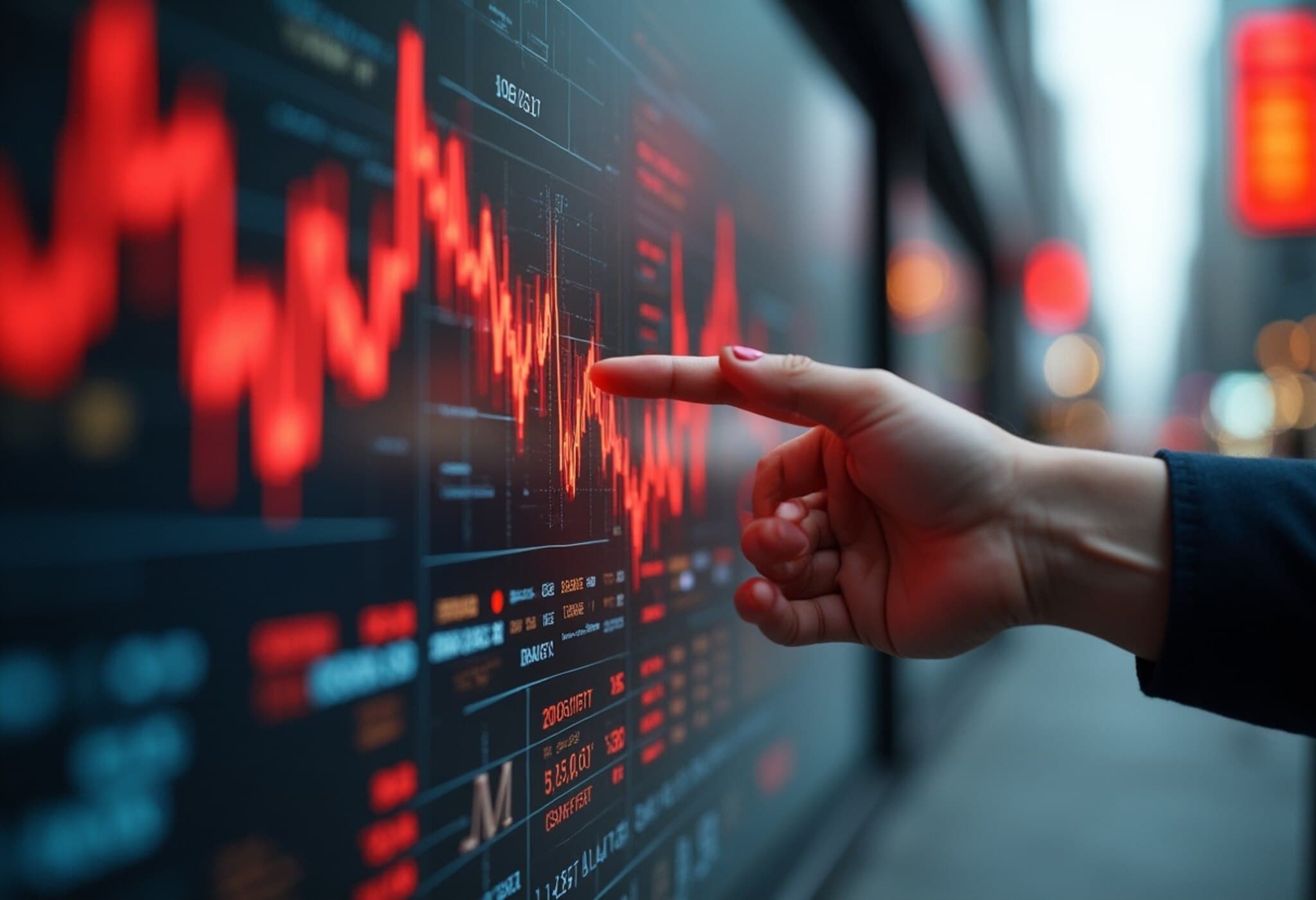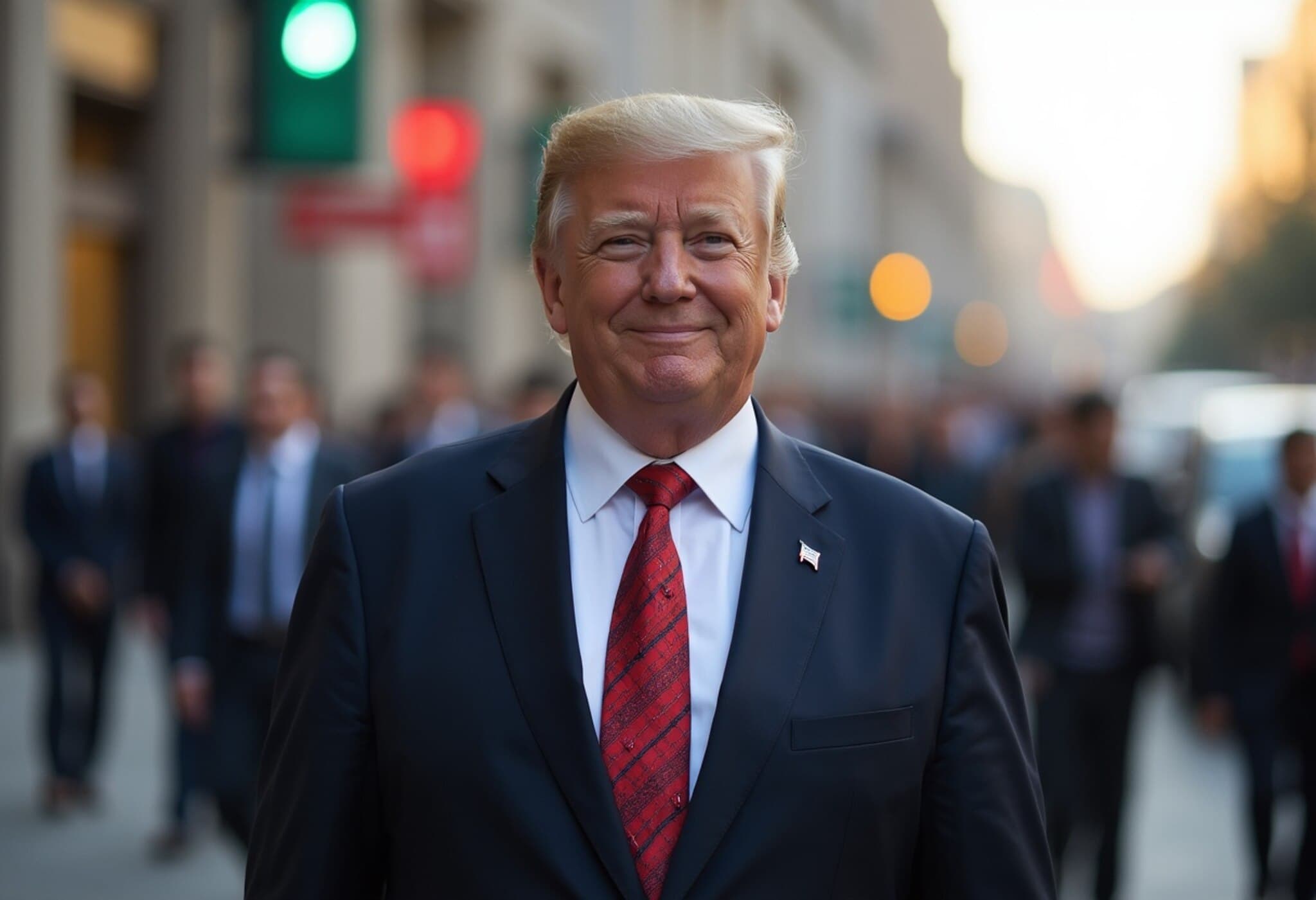Brazil’s Lula da Silva Stands Firm Against Trump’s Tariff Ultimatum
In a compelling display of national pride and political resolve, Brazilian President Luiz Inácio Lula da Silva has openly challenged US President Donald Trump’s recent threat to impose 50% tariffs on Brazilian goods. Speaking to The New York Times for the first time in over a decade, Lula emphasized that although Brazil recognizes the United States’ economic and military prowess, it will not bow to pressure that undermines its sovereignty.
“Brazil belongs to Brazilians”: A Declaration of Sovereignty
Amid escalating tensions following Trump’s announcement, Lula’s response was resolute: “We are treating this with utmost seriousness, but seriousness does not require subservience.” Wearing a symbolic hat emblazoned with the slogan “Brazil belongs to Brazilians,” Lula reinforced his message to both domestic and international audiences that the country will not negotiate under intimidation.
The tariffs, which Trump threatened as a punitive measure linked to Brazil’s prosecution of former President Jair Bolsonaro, represent one of the harshest trade penalties considered by the US in recent years. Bolsonaro, a Trump ally, faces serious criminal charges tied to his attempts to undermine Brazil’s democratic transition after his 2022 electoral defeat.
Contextualizing the Trade Dispute: Sovereignty and Diplomacy at Stake
Lula criticized Trump’s approach as unorthodox and detrimental to decades of US-Brazil diplomatic relations. “When you have a political or commercial disagreement, you pick up the phone and negotiate, not impose ultimatums that harm millions,” he said. His comments highlighted concerns that Trump's actions blur the line between economics and foreign policy, weaponizing trade to influence another nation’s judicial processes.
Moreover, Lula exposed misconceptions in Trump's rationale by citing concrete trade data: contrary to claims of a US trade deficit, the US holds a $7.4 billion trade surplus with Brazil on $92 billion in bilateral trade—facts that challenge the economic justification for punitive tariffs.
The Political Parallels: Trump, Bolsonaro, and the Global Trend of Election Disputes
The struggle unfolding in Brazil mirrors the earlier US experience with Trump’s refusal to concede the 2020 election. Both leaders cultivated sweeping narratives challenging electoral legitimacy, culminating in violent Capitol and Congress building invasions. Yet, diverging outcomes have come to define their legacies: Trump returned to power while Bolsonaro now faces potential decades in prison.
This geopolitical chess match escalated when Brazilian Supreme Court Justice Alexandre de Moraes ordered Bolsonaro to wear an ankle monitor, citing flight risks. The US Treasury Department further intensified the conflict by sanctioning de Moraes under the Global Magnitsky Act, accusing him of human rights abuses and arbitrary detentions in a legal war involving judiciary independence and democratic integrity.
The Stakes for Both Nations: Economic and Democratic Principles
Lula warned that the fallout from Trump’s threatened tariffs would ripple beyond political posturing, ultimately hurting American consumers. Products like coffee, beef, and orange juice—key Brazilian exports to the US—could become significantly costlier, highlighting the unintended consequences of such protectionist measures.
He lamented a transition from a cooperative, win-win bilateral relationship to a divisive, lose-lose dynamic, underscoring the fragility of global trade frameworks when they collide with political disputes.
The Underreported Narratives: Judicial Independence and Media Censorship
A key element often overlooked is the role of Brazil’s Supreme Court in regulating content on social media platforms, an issue that Trump has invoked as justification for sanctions. Justice de Moraes has ordered the removal of thousands of online posts deemed threats to Brazil’s democracy, sparking debate about censorship and free expression in the digital age—particularly when judicial transparency remains limited.
While US authorities have framed sanctions as a defense of human rights and political freedom, Brazilian officials view them as an infringement on judicial sovereignty, raising critical questions about the global community’s role in domestic legal matters.
Expert Insight: The Broader Implications for US-Latin America Relations
From a policy analyst’s perspective, Lula’s steadfastness signals a broader Latin American impulse to push back against what many see as US overreach under populist leadership. The intertwining of domestic political dramas with international trade policy risks destabilizing long-standing alliances and could prompt other nations to reassess their diplomatic strategies.
Moreover, the episode illustrates the challenges democracies face amid rising authoritarian tendencies and contested elections, with legal institutions becoming frontline battlegrounds worldwide.
Conclusion
As Brazil navigates this fraught confrontation, President Lula’s message is unequivocal: defending democratic institutions and national sovereignty requires both courage and clarity. In grappling with external pressure from a US administration engaged in its own political battles, Brazil’s path underscores the importance of respectful diplomacy and adherence to the rule of law.
President Lula’s defiant stance against Trump’s tariffs spotlights critical questions about the intersection of trade policy, judicial independence, and international diplomacy. Are economic sanctions effective tools or instruments of political coercion? How can democracies reconcile security concerns with freedoms in the age of viral misinformation? This evolving saga calls for sustained global attention to uphold justice, sovereignty, and mutually beneficial relations.

